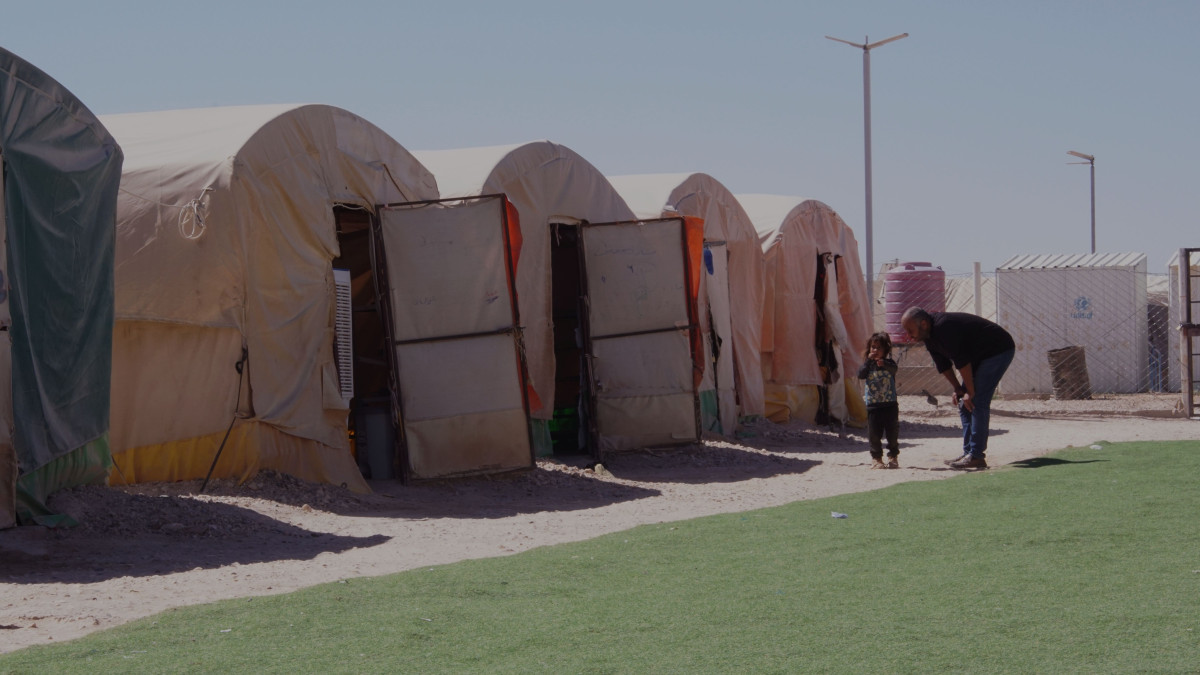Our Children Dream about Their Future
Published: Nov 18, 2022 Reading time: 3 minutes Share: Share an article“In the past, my children were illiterate and didn’t know anything about numeracy. Now, they have numeracy skills and have learnt how to read and write,” said Ahmad, a father whose three children attend non-formal education classes and receive psychosocial support (PSS) from People in Need.

It’s difficult to overestimate the importance of education in shaping children’s lives. Learning how to read, write, add and subtract are some of the milestones of childhood. These milestones can open the doors to further education and job opportunities; essential components of Syria’s long-term recovery.
While many around the world are fortunate enough to take these milestones for granted, more than a decade of conflict has had a catastrophic impact on education in northern Syria, and has already hindered the lives of millions of Syrian children. “Our children dream about their future,” said Ahmad, “but without schools and education they will not be able to do anything.”
With funding from the Swiss Agency for Development and Cooperation (SDC), PIN has created a number of child-friendly spaces to facilitate education and psychosocial support in northern Syria. This holistic approach recognises the need to help vulnerable children with both their education as well as their mental and emotional well-being.
PSS activities are particularly important for children who have endured difficult and often traumatic events; a sadly common experience for many in Syria. “Our children were affected a lot by the war,” said Fatima, who was displaced with her family from the countryside of Homs. “My son was in a state of great terror and panic every time he heard the sound of a car or a motorbike, thinking it was a plane. He would cry and worry it would bomb us.” With treatment and support, her son’s mental health has improved in the past three years.
In these cases, PIN’s education and psychosocial activities can offer children a second chance at a happy childhood. At the same time, PIN provides parenting skills sessions to help parents and caregivers manage the challenges associated with their children’s trauma.
“PIN offers great services for us as parents and for our children. They give our children lessons on reading and writing and they teach them about dealing with friends and how to solve problems and conflicts.” Fatima continued. “We as parents also attend parenting sessions. PIN gives us advice on how to deal with our children and their emotions, and how we should behave with children of different age groups.”
“We learnt methods about how to help our children in different situations,” said Ahmad, “we use these methods with our children at home; and work with PIN staff to develop our children’s skills.”
Thank you to the Swiss Agency for Development and Cooperation for generously funding PIN’s child-friendly spaces across northern Syria. Non-formal education, psychosocial support, and parenting sessions are helping thousands of families overcome the challenges of displacement, trauma, and conflict.


